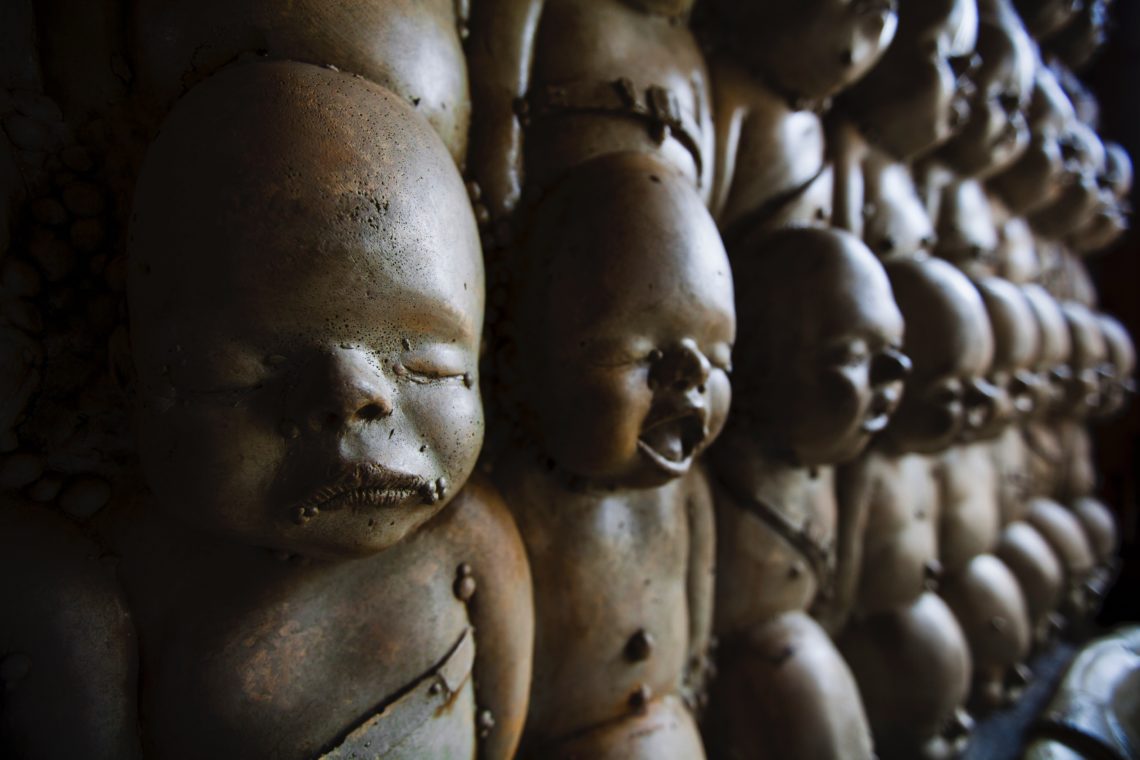My kid doesn’t share well. She’s three. Barely. According to WebMD kids don’t learn to share until they are seven to eight years old. At three everything is hers. The things, the people- all hers. She’s just wondering why people are running around with her stuff. Toddlers are like little Bond villains. THE WORLD IS NOT ENOUGH. Yet, invariably, when she acts her age, even when she was younger, someone would bellow “Only child syndrome!”
Now, mom shaming is an international sport. Women, and it’s almost always women rather than parents or fathers, can have too many children, too few children, the wrong sort of children, and are always mothering incorrectly. I can’t tell their stories. (Un)Fortunately, like all mothers, particularly as a mother of an only, I have my own.
One woman, mother of three, told me that I must have more children because all of the only children she has known have been “weird”. Meanwhile, almost all of my close friends growing up were onlies. Maybe our collective weirdness is why we got along so well. I have been told only children grow up to be socially awkward. As the socially awkward eldest of four and mother to a charming butterfly of an only I find this unsupported by both anecdotal evidence and science.
Only children are lonely. As the parent of an only I do have to make slightly more effort to make sure my kid spends time with other kids. We’ll be heading to Java Mama’s today for this very purpose as the weather is too shite for the park. Being alone and being lonely, however, are two different things. Only children grow up more comfortable in their own skin; in their own heads. More, as someone who grew up in an extended family group of seven, I know from experience that being surrounded by siblings and cousins doesn’t stop you from being lonely.
They tell me that I will change my mind. I am forty-five years old. But even if I were twenty-five years younger second guessing a person’s reproductive choices is just tacky. (Not that I haven’t been guilty of this but I at least had the good sense not to say it out loud.) And while we are on the subject of tacky, please don’t ask random strangers if they want more. First of all, it’s a very private matter that is none of your business. Secondly, if the answer is yes but they cannot expand their families you’ve just dripped poison into an open wound.
They say that she won’t have help to take care of us when we are old or have support when we die. This one concerns me so my husband and I have made every financial effort to not need her to take care of us in our elder years. The fact is that having siblings does not necessarily mean having support and can actually mean having more of a burden placed on your shoulders. I have seen the weight of care being placed on the shoulders of a single sibling even in large sibling groups. Worse, I have seen siblings turn against each other in vicious ways during the decline and death of a parent.
Having lost a parent myself I know how invaluable having people support you in your grief can be. I also know that support can come from a partner, from friends, extended family, or even professionals. Speaking of death, we have been told that we need to have another in case something happens to our child. The fact that people think this, much less allow it to come out of their mouths, is gobsmacking to me. Children are people and people are not replaceable.
This is just a small sampling of the sort of intrusions, I mean questions and comments, that having an only child elicits. The social pressure to have more than one child, part of which stems from the stigma associated with only children, needs to reevaluated. The myth of the spoiled only child does not stand up to scientific research. In the US, Europe, and other parts of the world the one-child household is not only not weird, it is becoming common.
As for me, while I am open to adopting another, 1) Did I mention I am forty-five years old? 2) The more I learn about domestic infant adoption in the US the less I want to participate in the system. To be clear: There is nothing wrong with adoption in of itself. But in any other developed country: one with a decent educational system, a social safety net, and anything approaching equity, my family’s situation would probably be very different.
So, if I adopt again, it will be through the foster care system. Not the kids whose parents are actively working on improving themselves. The children who truly are waiting for permanent homes. Yes, there is also lots wrong with the foster care system. But, there are no healthy American infants languishing in care awaiting private adoption. Instead there are waiting lists of would be parents. For children, especially older children, released into foster care this is not the case.
This will probably not happen because we don’t live in the US at the moment. So, for the foreseeable future, I will have a happy triangle family. I am one and done and content with it.
